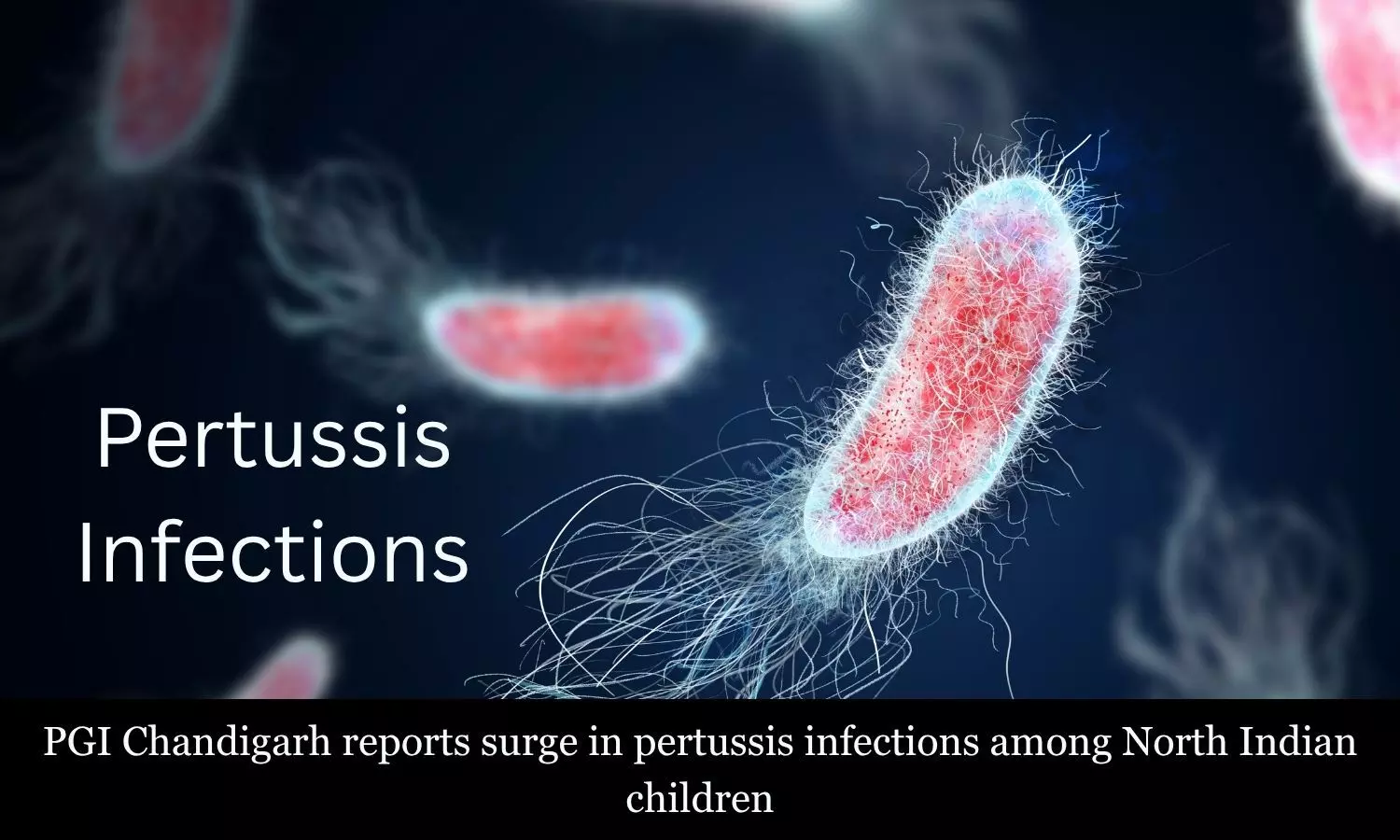Copyright medicaldialogues

A recent study by PGIMER has revealed a significant rise in respiratory infections among children in North India caused by a lesser-known bacterium called Bordetella holmesii, which mimics whooping cough (pertussis). The research, conducted by Dr Vikas Gautam’s laboratory in collaboration with CSIR–IMTECH, analyzed 935 suspected pertussis cases between 2019 and 2023. It showed that about 37% of infections were due to B. holmesii, surpassing traditional Bordetella pertussis cases.Bordetella holmesii is a type of bacteria that can cause infections similar to whooping cough. It is a small, slow-growing germ that mainly affects people with weak immune systems. Unlike the usual whooping cough bacteria, Bordetella holmesii does not have some common toxins but can cause breathing problems and other infections. The spike was especially notable in 2023 among children aged five to 10 years. Data indicate a major epidemiological shift with B. pertussis infections declining from 15–20% to 2–5%, while B. holmesii cases climbed markedly. Pertussis remains a serious public health concern in India and Asia, with a resurgence after a temporary dip during the COVID-19 pandemic. REFERENCE: Shekhar N, Sharma D, Chakraborty S, Kumar R, Rawat R, Kaundal N, et al. Emergence of Bordetella holmesii–Associated Pertussis-Like Illness, Northern India, 2019–2023. Emerg Infect Dis. 2025;31(10):2022-2024. https://doi.org/10.3201/eid3110.241659



